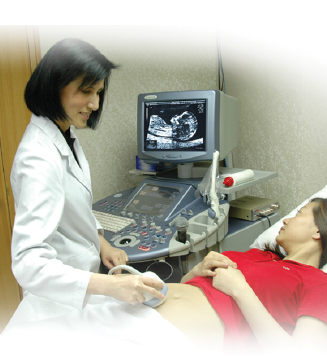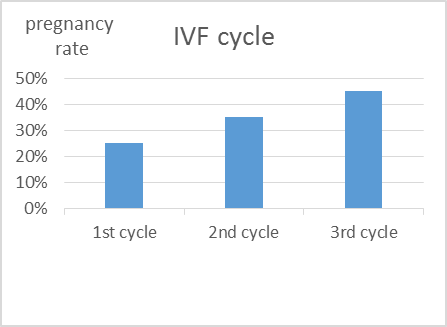Prenatal Screening for Down’s syndrome

Down's syndrome is a chromosomal abnormality and is the major cause for mental retardation. The incidence increases with maternal age but there is still a significant number of Down's fetuses occurring to younger mothers. Prenatal screening for Down's syndrome is therefore advisable for all pregnant women.
There are 2 screening blood tests available:The first screening test involves doing an ultrasound, preferably at 11-14 weeks to date the fetus, to obtain fetal nuchal translucency measurements (neck skin thickness) and to screen for major fetal abnormalities. A maternal blood sample is also taken for pAppA and ßhCG estimation. The same sample can be used for other antenatal blood tests.
A risk factor for Down’s syndrome, based on maternal age, nuchal translucency, pAppA and ßhCG results, will be given in 1-2 days’ time from the date of the test. Taking a cut off level of 1 in 250, the detection rate for Down’s syndrome is 90% with a false positive rate of 5%.
Recently, a new blood screening test has been introduced. Although much more expensive than the test above, blood is drawn from the pregnant lady to detect foetal chromosomal materials in the samples using single nucleotide polymerase technologies. The detection rate for Down’s syndrome is 99%, with a false positive rate of 1%.

A definitive diagnosis employs CVS or amniocentesis and will be performed for chromosomal studies and/or genome testing:
- Either screening blood test is positive; or
- Thick nuchal translucency ≥3.5mm; or
- Fetal abnormalities detected on ultrasound





